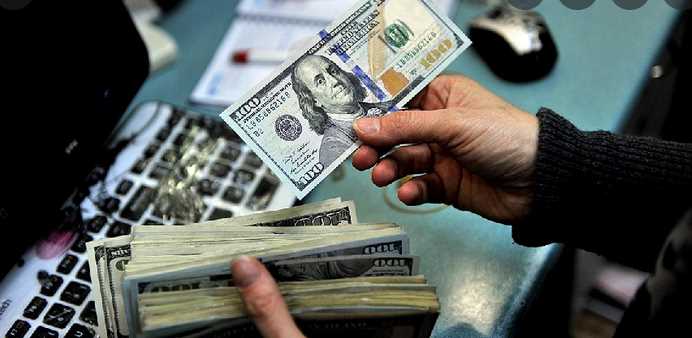The Japanese yen, the official currency of Japan, has long been a major player in the global financial market. However, experts like Kavan Choksi say that as the world economy continues to evolve and new challenges emerge, the yen may soon find itself facing a number of obstacles in the coming year.
Trade Tensions with the United States
One major challenge for the yen in 2023 could be the ongoing trade tensions between Japan and the United States. In recent years, the two countries have engaged in a series of negotiations and tariffs over a range of issues, including automotive exports and intellectual property rights. These tensions have had a destabilizing effect on the global economy, and there is concern that they could continue to weigh on the yen in the coming year.
Another way these tensions could affect the yen is through currency manipulation. The U.S. has accused Japan of manipulating its currency for trade advantage, and if these claims are proven to be true, it could lead to sanctions or other restrictions on the yen in 2023.
Competition from Other Currencies
The yen is also facing increasing competition from other currencies in the international market. The Chinese yuan, for instance, has been gaining ground as a major global currency and is expected to continue its growth in the coming year. Other currencies such as the euro and the British pound are also becoming increasingly competitive, making it difficult for the yen to remain competitive in the face of these challenges.
Inflationary Pressures
Another challenge facing the yen in 2023 is the potential for rising inflation. Japan has struggled with low inflation in recent years, with some analysts suggesting that the country may be at risk of deflation. However, as the global economy recovers from the COVID-19 pandemic, there is a possibility that prices could begin to rise, potentially putting pressure on the yen.
Geopolitical Risks
In addition to economic challenges, the yen may also face a number of geopolitical risks in the coming year. Japan is a major player in the Asia-Pacific region, and the country is often at the center of regional tensions and conflicts. In particular, Japan’s relationship with North Korea and China could be a source of concern for the yen in 2023.
A Weaker Global Economy
Finally, the yen may also be impacted by a weaker global economy in 2023. The COVID-19 pandemic has had a significant impact on the world economy, and there is a possibility that recovery could be slow and uneven. If the global economy remains weak, it could put pressure on the yen as investors seek out safer, more stable currencies.
Conclusion
The Japanese yen has long been a major player in the global financial market, but it may soon find itself facing a number of challenges in 2023. From ongoing trade tensions with the United States to rising inflation and geopolitical risks, there are a number of factors that could impact the yen in the coming year. As a result, it will be important for investors to closely monitor these developments and adjust their strategies accordingly.

